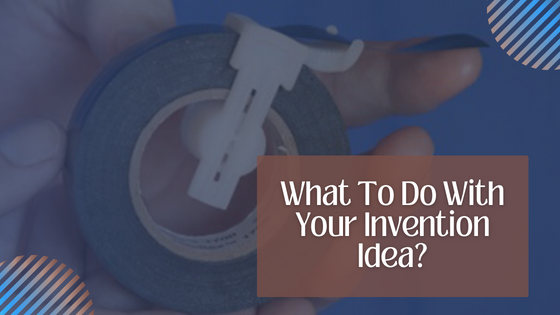Inventors understandably seek ways to secure their inventions and profit from their ingenuity. When it comes to marketing and selling a new idea or product, a common question arises: should I patent my idea before selling it? Enlisting the services of invention assistance companies like InventHelp can ease this process.
Advantages of Patenting Your Idea Before Selling
1. Protecting Your Intellectual Property
A granted patent provides legal protection for your invention, preventing others from manufacturing, using, or selling it without your consent. Securing a patent before selling ensures that you maintain your rights to your invention, reducing the risk of competitors copying or stealing your idea. Utilizing InventHelp’s resources can guide you through the patent application process and further safeguard your inventive idea.
2. Enhancing the Value of Your Product
A patented invention holds a higher value in the market compared to an unpatented one. Patent protection demonstrates that your inventive idea is one-of-a-kind and carries the stamp of approval from the patent office. This confirmation of your invention’s uniqueness can boost investor and consumer confidence, translating to higher sales potential.
3. Negotiating Licensing Agreements
Having a patented idea can put you in a stronger negotiating position when entering into licensing agreements with third parties. In addition, the security offered by a patent allows you to potentially negotiate more favorable royalty rates, ultimately increasing the profit you might derive from your inventions.

Disadvantages of Patenting Your Idea Before Selling
1. The Financial Investment
Patenting an idea can be an expensive undertaking. Application costs, patent search fees, and attorney fees can accumulate rapidly, putting a strain on an inventor’s budget. However, organizations like InventHelp can help streamline the process and potentially reduce costs. How much does InventHelp cost? InventHelp offers a variety of services, including invention marketing and patenting. The cost of these services can vary depending on what you need. Furthermore, maintaining a patent involves additional renewal fees down the line. Weighing the financial burden against the potential benefits of patenting should be a significant consideration.
2. Time-Consuming Process
The patent application process is typically long and laborious, lasting from several months to a few years. Waiting for the patent office to grant your patent may hinder your ability to quickly bring your idea to the market, potentially allowing competitors a head-start. Here, InventHelp can expedite the process by providing expert guidance and tools to its clients, ensuring efficient progress.
3. Public Disclosure of Your Invention
When you apply for a patent, you must provide a detailed description of your invention, which will eventually become publicly available. This disclosure could enable competitors to gain insight into your invention’s unique features and try to develop a workaround or a similar product.
Conclusion
Determining whether to patent your idea before selling can be a difficult decision. Assessing the balance between the potential benefits of patent protection and the associated costs of time and money is crucial. InventHelp can guide inventors through these evaluations, offering professional guidance and services. Inventors should carefully consider the risks of going to market without patent protection and the level of competition in their respective industries.
The decision to patent before selling is critical. With the right strategy and support from resources like InventHelp, inventors can ultimately reap the rewards of their creative works while minimizing potential risks.


